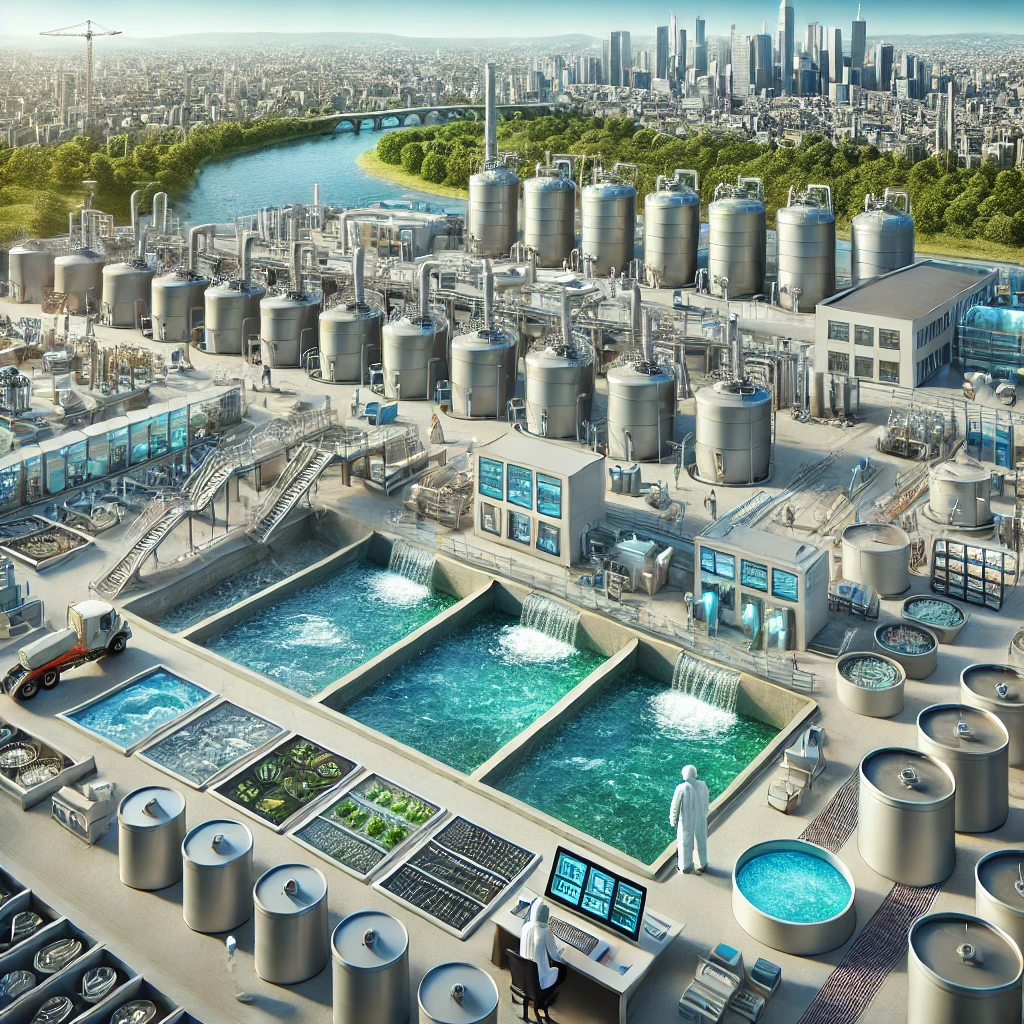Seitlholo Blames Poor Wastewater Treatment Infrastructure for Water Pollution in Gauteng
In his address, Seitlholo stressed that the poor condition of wastewater infrastructure across the province has led to widespread pollution, affecting both water quality and the environment.

- Country:
- South Africa
Water and Sanitation Deputy Minister Sello Seitlholo has stated that the deteriorating state of municipalities' wastewater treatment works (WWTW) is a significant contributor to the pollution of watercourses in Gauteng. Seitlholo made the remarks during a meeting with representatives from the Cities of Johannesburg, Ekurhuleni, Tshwane, and Mogale City Local Municipality, addressing the severe pollution in the Crocodile and Upper Vaal Rivers.
Wastewater Infrastructure in Critical Condition
In his address, Seitlholo stressed that the poor condition of wastewater infrastructure across the province has led to widespread pollution, affecting both water quality and the environment. The Vaal and Crocodile rivers are vital to South Africa’s economy, providing raw water to various sectors, including agriculture, industry, domestic use, and mining. Additionally, the dams along these rivers, such as The Barrage, Vaal, Hartbeespoort, and Roodeplaat, serve as important recreational and tourism hubs that contribute to local development.
However, Seitlholo noted that these rivers and dams are increasingly threatened by contamination from malfunctioning wastewater treatment plants, overloaded systems, pump station failures, and sewer leaks. Despite reports such as the Green Drop Report in 2022 and a follow-up progress report in December 2023, there has been no significant improvement in addressing the issue.
Urgent Need for Investment and Capacity Building
The Deputy Minister urged municipalities to prioritize upgrading their wastewater treatment infrastructure and ensuring that effluent meets the required quality standards. He emphasized that municipalities must also build the necessary technical skills and capacity to improve the operation and maintenance of their systems.
“There is a need for municipalities to have appropriate town planning, land use management, and reinvestment of revenue from water sales to maintain and upgrade water and wastewater systems,” Seitlholo said. He called for better planning and investment to prevent further pollution and ensure sustainable water management.
Ongoing Support and Enforcement
Seitlholo pointed out that the Department of Water and Sanitation (DWS) has been providing financial and technical support to municipalities, though the reports indicate continued deterioration in water services and quality. The Department has also issued directives to municipalities to improve their wastewater treatment systems.
The Department’s Water Use Compliance, Monitoring, and Enforcement Directorate will continue to enhance its regulatory oversight to ensure municipalities take the necessary actions to address the pollution. In addition to this, Seitlholo revealed that the department is currently investigating 88 criminal cases against municipalities for violations related to water pollution. The Department of Forestry, Fisheries, and the Environment (DFFE) is also conducting investigations through its Environmental Management Inspectors (EMIs).
Path Forward
While acknowledging the challenges faced by municipalities, Seitlholo stressed the importance of collaboration between national and local government bodies to turn the situation around. He called on municipalities to act swiftly and decisively to address the ongoing pollution crisis, emphasizing the need for effective regulatory action and improved infrastructure management. The Deputy Minister's remarks underline the urgency of tackling wastewater management issues to protect vital water resources and ensure a sustainable water future for Gauteng and the country at large.
- READ MORE ON:
- Gauteng
- wastewater treatment works
- Sello Seitlholo










